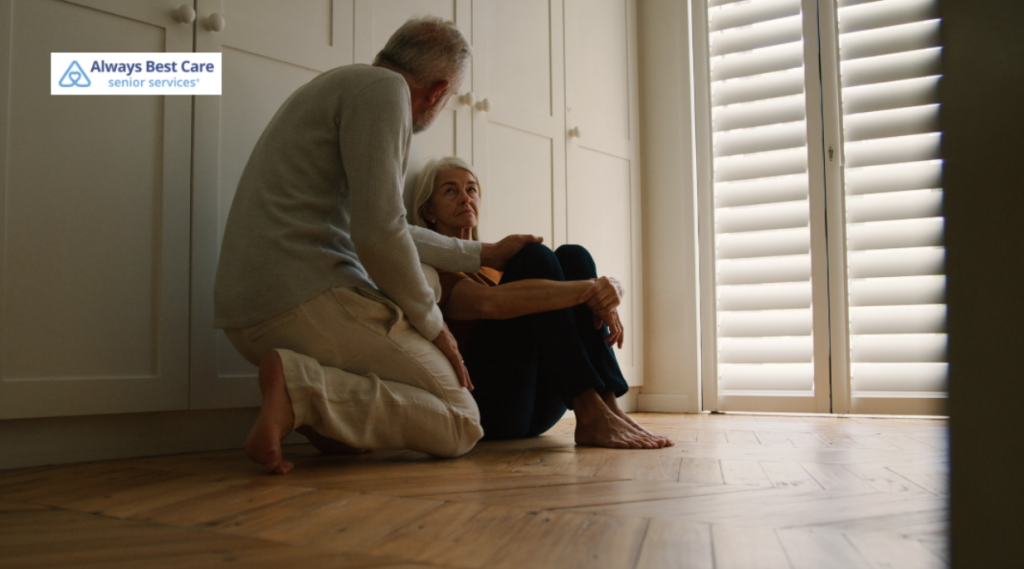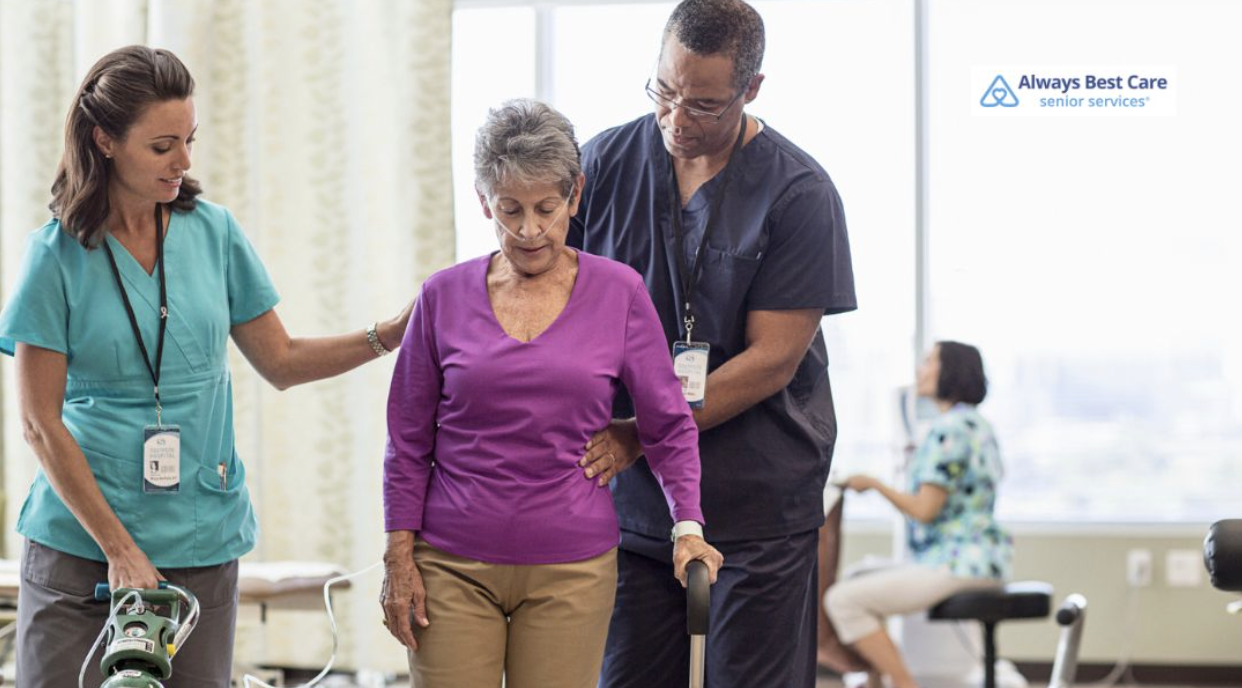Supporting Seniors’ Emotional Well-Being: Understanding Behavioral Health Needs in Thousand Oaks

Let’s be honest: when we think about senior care, most minds jump straight to doctor’s appointments, medication schedules, and mobility aids. But here’s the thing, emotional health is just as crucial. At Always Best Care of Thousand Oaks, we know that a happy heart can make all the difference in a senior’s life. We don’t just look after bodies; we look after people, their feelings, their memories, their daily joys and struggles.
Aging isn’t always easy. Life throws curveballs like loss of loved ones, changes in independence, or simply feeling out of step with the world. Left unchecked, these emotional challenges can snowball into bigger problems, affecting everything from sleep to appetite to overall zest for life. That’s why behavioral health isn’t just an add-on; it’s at the core of what we do every day.
What you will learn:
- The importance of behavioral health for seniors and how emotional well-being impacts overall health and daily life.
- How to spot early signs of emotional challenges in seniors and the subtle clues that should not be ignored.
- Practical ways families can support their loved ones’ emotional health through connection, routine, and meaningful activities.
- How Always Best Care of Thousand Oaks provides personalized, compassionate care that enhances both emotional and physical health.
Table of Contents
What Is Behavioral Health? And Why Should You Care?
Behavioral health isn’t some fancy medical term, it’s about how our thoughts and feelings shape our lives. For seniors in Thousand Oaks, this could mean:
- Coping with grief after losing a spouse or longtime friend.
- Managing anxiety or sadness, especially when facing big life changes.
- Staying sharp while living with memory challenges like dementia.
- Navigating stress from new routines or declining independence.
Good behavioral health helps seniors bounce back from tough days and keeps them connected to what matters most. When things go south emotionally? It can drag down physical health faster than you’d think.

Spotting the Signs: When Something Feels Off
It’s not always obvious when someone needs help emotionally, sometimes it sneaks up quietly like fog rolling in off Puget Sound. Here are some red flags families shouldn’t ignore:
- Suddenly avoiding social events they used to love
- Dropping hobbies or daily routines without explanation
- Changes in sleep patterns or appetite (too much coffee at midnight? Not enough meals?)
- Mood swings that feel more intense than usual
- Forgetting meds more often than before
Don’t Brush It Off!
These signs aren’t “just part of getting older.” They might signal deeper issues needing attention before things get worse.
Mind & Body: The Invisible Link
Ever notice how stress makes your shoulders tense up? For seniors struggling emotionally, those aches aren’t just physical, they’re signs something deeper needs tending. Ignoring emotional pain can slow healing after surgery or illness; it might even raise risks for heart trouble down the road.
Supporting behavioral health doesn’t just lift spirits; it helps keep bodies running smoothly too!

How Families Can Make A Difference
You don’t have to be a therapist to help your loved one feel better! Small gestures add up fast:
- Keep conversations flowing regularly, phone calls count!
- Encourage gentle movement together.
- Dive into old hobbies together (grandpa teaching chess again?).
- Listen without rushing advice (“I hear you” goes further than “cheer up”).
Sometimes though…even superhero families need backup!
How Always Best Care of Thousand oaks Supports Behavioral Health Every Day
At Always Best Care of Thousand Oaks, our caregivers aren’t clock-punchers; they’re companions who truly get what matters most each day. Here’s what sets us apart:
At Always Best Care of Thousand Oaks, we believe in offering personalized support that enhances every aspect of daily life. Our compassionate caregivers engage in meaningful companionship chats and activities, helping to reduce loneliness and brighten each day.
By assisting with maintaining routines, we provide the stability and comfort needed during times of change. We also offer reminders for medications and appointments, ensuring fewer slip-ups and peace of mind for both clients and their families.
If mood shifts occur, our team communicates promptly with families and healthcare providers, ensuring collaborative care every step of the way. For those dealing with memory loss, our approach is gentle, yet structured, so no one feels lost. We match each client with caregivers who naturally fit into their world, building trust over time and ensuring a caring and supportive relationship.

Frequently Asked Questions
Q: Is “behavioral” another word for “mental”?
A: Sorta! Think broader–behavioral includes emotions AND actions affecting overall wellness, not only serious diagnoses but everyday ups/downs too!
Q: My parent seems sad lately but insists nothing is wrong…what should I do next?
A : Start small by listening closely during visits/calls without pushing advice immediately (“Tell me more?” works wonders). If worries grow despite efforts reach out locally through trusted providers like us here at Always Best Care of Thousand Oaks so everyone gets support tailored right where needed most!
Q : Does insurance cover services focused on emotional wellbeing rather than medical tasks alone ?
A : Coverage varies widely depending on plans/locations involved – call us directly anytime so we guide based specifically upon current situation details available today!
Let’s Support Your Loved One’s Emotional Well-Being Together!
Caring goes beyond bandages, pills, baths, and bedsheets, true care means recognizing the whole person behind the wrinkles, wisdom, stories, laughter, and even the tears. At Always Best Care of Thousand Oaks, we’re here to walk alongside local families, helping navigate whatever comes next, good days, tough days, and everything in between.
If recent weeks have left you wondering whether extra hands and hearts could help brighten your loved one’s future, reach out to our team at (805) 563-6440. Let’s start a conversation and work together toward a brighter path ahead.





